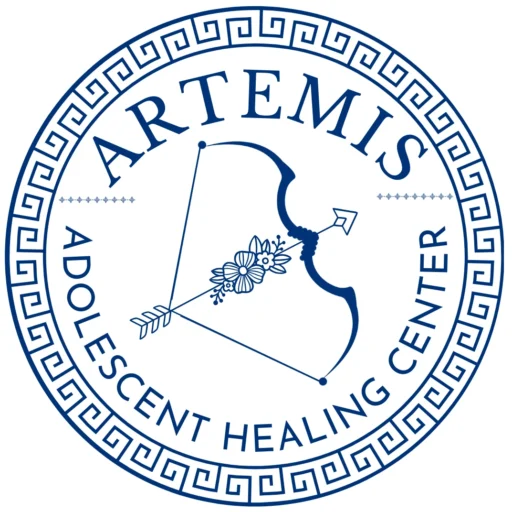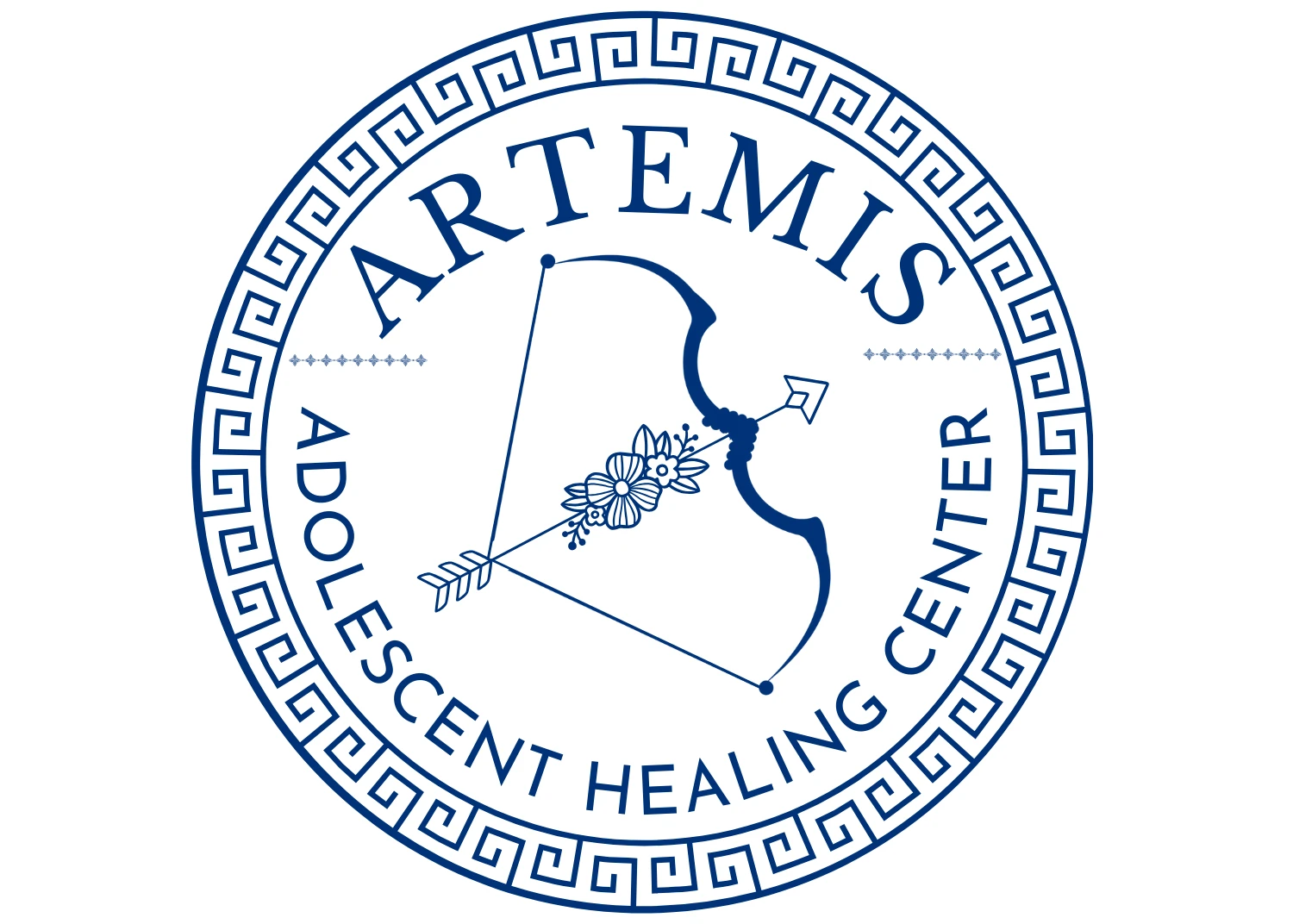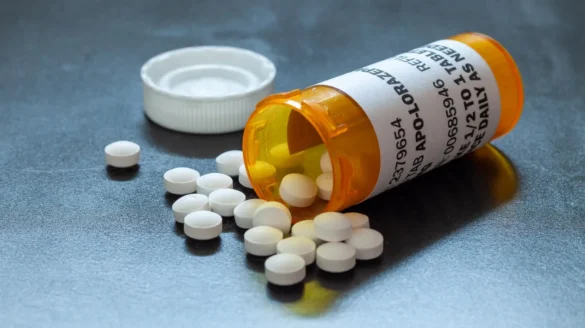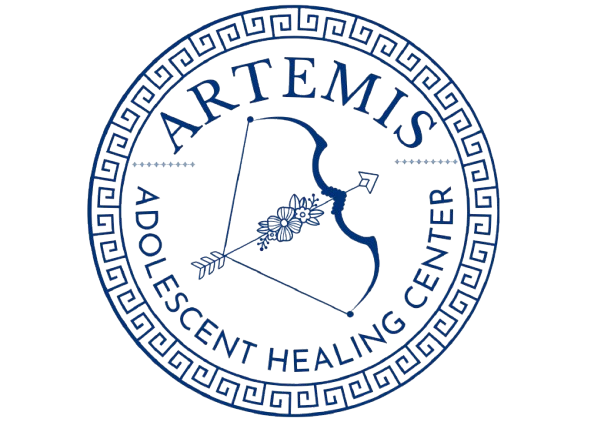Get Help at Artemis With Our Teen Benzo Treatment Programs
Benzodiazepines are schedule IV controlled substances. While they have medical purposes, benzodiazepines are most commonly prescribed for short-term use due to their potential for addiction.
People of all ages can develop a dependence on or addiction to benzodiazepine drugs like alprazolam (Xanax), diazepam (Valium), or clonazepam (Klonopin), including teens and adolescents.
This is where our accredited teen benzodiazepine addiction treatment offerings, at all levels of care, provide proven support options
If your teen has been misusing benzodiazepine drugs, Artemis Adolescent Treatment Center can help. Early intervention matters and can help teens avoid new or worsened effects linked to benzodiazepine abuse in the future.
Get Evidence-Based Treatment Options at Artemis
The Most Prevalent Risks of Teen Benzodiazepine Use
Benzodiazepines (benzos) are a drug class most often used to treat anxiety, panic disorder, sleep disorders like insomnia, alcohol withdrawal, and other concerns, such as seizures and muscle spasms. Benzos work by slowing the central nervous system. Even though they are prescription drugs, they come with risks and should not be used other than as prescribed.
Potential risks of teen benzodiazepine use include but are not limited to:
- Severe side effects (e.g., slowed heart rate or breathing, low blood pressure, fainting)
- Benzodiazepine overdose, which may lead to coma or death
- Physical dependence and benzo addiction
- Abnormalities in brain development
- Memory loss
If benzo drugs are combined with other drugs, like alcohol or opioids, the likelihood of risks like fatal drug overdose increases. Many teens abusing benzos also use other drugs, so being aware that polysubstance use is linked to an increased risk of mortality can be important for teens and family members looking out for youth facing addiction.
Benzodiazepine Addiction Treatment Programs for Teens at Artemis
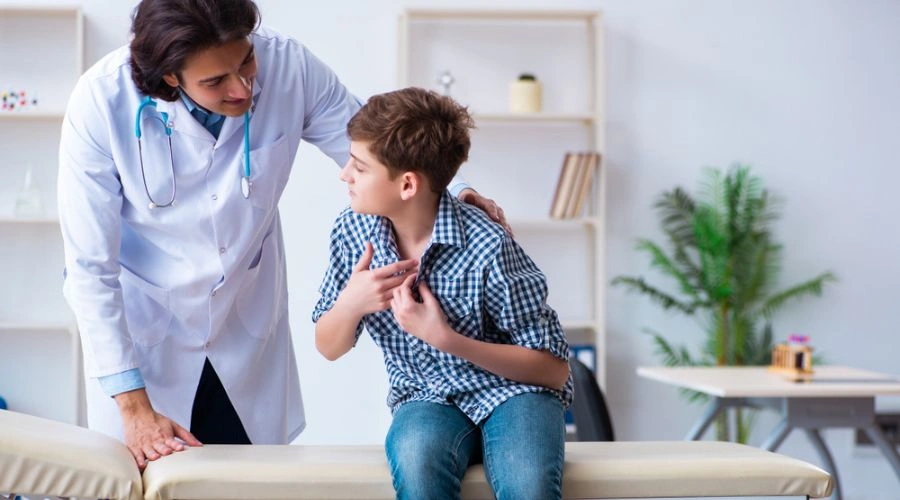
Artemis provides a full continuum of care for teens facing prescription drug abuse and other substance use or mental health disorders. This allows us to find the right treatment program for your teen based on their needs, level of substance abuse, and other relevant factors.
Detox for Benzo Addiction in Teens
Detox can be crucial for people of any age who are going through benzodiazepine withdrawal. Much like alcohol withdrawal, benzodiazepine withdrawal can be dangerous without proper medical care in some instances.
Artemis does not provide detox services at this time. Our team provides assessments that determine whether medical detox is necessary before the treatment process begins.
Residential Inpatient Drug Rehab Program
Inpatient treatment for benzodiazepine abuse in teens at Artemis involves a full daily schedule of therapy in a comfortable residential treatment setting. Teens in drug rehab for benzodiazepine abuse at Artemis participate in group therapy, individual therapy sessions, family therapy, and other activities, such as recreation activities that promote skill-building, physical activity, and enjoyment.
We take a whole-person approach tailored to fit the needs of the youth in our programs. Parents get to see their teens while they’re in residential treatment at our center and are highly involved in the treatment process.
Get Accredited Treatment Programs at Artemis
Outpatient Drug Rehab Programs
Our outpatient drug rehab and mental health programs for teens provide more flexibility and freedom than inpatient treatment. Adolescents in our outpatient programs are able to live at home while getting therapy at Artemis during the day. Types of outpatient programs include:
- Partial hospitalization program (PHP). Our PHP for benzo abuse in teens meets daily throughout the week for therapy. PHP can act as an alternative to residential care for teens who do not require inpatient hospitalization at this time.
- Intensive outpatient program (IOP). Our IOP for benzo abuse in teens meets a few days per week for group therapy and other activities. Teen IOP at Artemis requires a time commitment of about 10-12 hours per week.
- Outpatient program (OP). Standard outpatient programs for teens meet about 1-2 days per week and are usually meant to help adolescents transition out of a higher level of care.
Outpatient services are suitable for teens who do not require 24/7 monitoring, as well as those who are able to participate in school while participating in a lower level of care (like IOP). Before your teen is done with treatment at Artemis, we will help them make a customized aftercare plan to support their ongoing recovery from prescription medication abuse.
Why do Teens Abuse Benzo Drugs?
Teenagers may use benzodiazepine drugs for various reasons. For example, to self-medicate mental illness or pressure from peers to engage in drug use. Addressing the underlying causes of drug abuse in teens matters.
In addition to teen substance use disorder treatment, we provide dual diagnosis treatment for teens who have co-occurring mental disorders. For example, we treat anxiety, depression, trauma disorders, and other conditions that may increase the risk of drug abuse.
Common Symptoms of Benzodiazepine Abuse in Teens
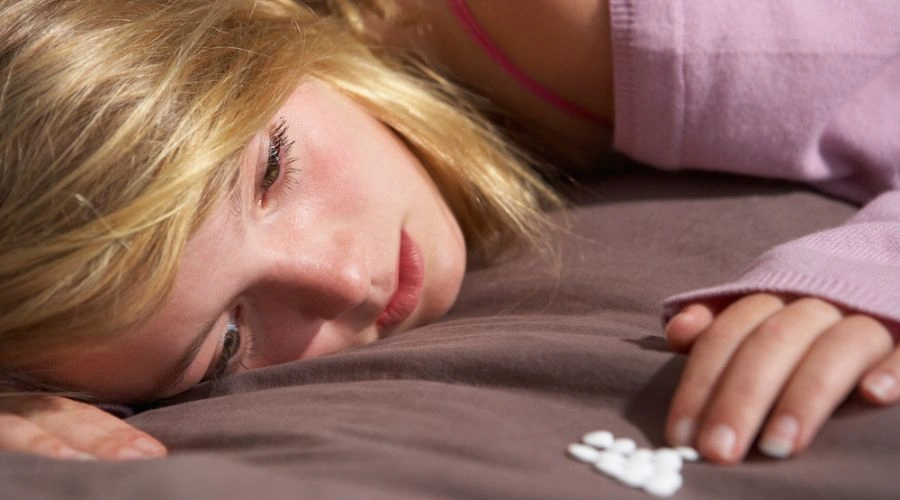
Adolescents and young adults abusing benzodiazepines may display physical, mental, and behavioral symptoms. Symptoms of benzodiazepine abuse in teens may include but are not limited to the following.
- Needing to consume higher doses of benzodiazepines than usual to achieve the desired effects. For example, if benzo addiction starts with prescription use of the drug, teens may consume more than their prescribed normal dose(s) as they develop benzo addiction.
- Doctor shopping, forging prescriptions for, or illegally obtaining benzo drugs (e.g., buying pills on the street).
- Spending a significant portion of time obtaining, using, or recovering from the effects of benzodiazepines.
- Continuing to use benzodiazepines despite negative effects on social or familial relationships.
- Continuing to use benzodiazepines despite negative effects on physical or mental health,
- Using benzodiazepines to avoid withdrawal or experiencing withdrawal symptoms.
- Neglecting hobbies and responsibilities (e.g., school) due to drug use.
- Drug cravings or a strong desire to use benzodiazepines.
- Failed attempts to stop or reduce benzo use.
- An increased need for privacy or secrecy.
Parents may also notice side effects of benzo drugs, like slurred speech, slowed reflexes, and impaired coordination.
Call Artemis Adolescent Treatment Center for Teen Benzo Abuse Treatment in Tucson
Artemis Adolescent Treatment Center provides mental health and comprehensive substance abuse treatment for youth in Tucson, AZ.
We are here to guide your teen and family through every step of successful addiction recovery.
Please call Artemis today to speak with a staff member. We are here to tell you more about our teen benzodiazepine addiction treatment programs, verify health insurance benefits, or start the intake process now.
Up To 100% of Rehab Costs Covered By Insurance
FAQs Regarding Teen Benzodiazepine Addiction Treatment
What are the signs and symptoms of benzodiazepine withdrawal syndrome?
Common signs and symptoms of benzodiazepine withdrawal include trouble sleeping, anxiety, seizures, abnormal heartbeat, headache, nausea, vomiting, diarrhea, body aches, and tremors.
What is the addiction rate for benzodiazepines?
In 2023, about 1.7% of the United States population aged 12+ misused some form of sedative drug, which includes benzodiazepines, muscle relaxants, and any other prescription tranquilizer.
Some people are at a greater risk of benzodiazepine addiction than others. Risk factors for benzodiazepine addiction can include but are not limited to misusing substances at a young age, a personal history of substance abuse, a family history of substance abuse, and pre-existing mental health conditions.
What is the best treatment for benzodiazepine addiction?

Effective treatment for benzodiazepine addiction often involves detox for withdrawal symptoms, evidence-based therapies used for addiction, and help for co-occurring disorders or underlying causes.
We use a combination of the most evidence-based treatment methods for addiction, such as cognitive behavioral therapy, motivational therapies, family therapy, experiential therapy, and dialectical behavior therapy.
What is the timeline for benzodiazepine withdrawal?
Acute withdrawal symptoms start within about one day to a few days after you stop taking benzodiazepines. Although the acute withdrawal phase is relatively short-lived, lasting for a few weeks or less, some people experience post-acute withdrawal for a year or more.
Post-acute withdrawal symptoms are not life-threatening like acute withdrawals can be. However, they can be uncomfortable and challenging. Mental health support can be vital at this time.
Is there drug testing for benzodiazepine drug use?
Yes, many drug tests will detect benzodiazepines, including OTC panel drug tests available at many retailers.
What is the rate of benzodiazepine overdose deaths?
According to the National Institute on Drug Abuse (NIDA), there were 10,964 benzodiazepine-related overdose deaths in 2022.
References
- https://www.nami.org/about-mental-illness/treatments/mental-health-medications/risks-of-benzodiazepines/
- https://www.goodrx.com/classes/benzodiazepines/benzo-withdrawal-symptoms-timeline-treatment
- https://www.naatp.org/addiction-treatment-resources/treatment-methods
- https://nida.nih.gov/research-topics/trends-statistics/overdose-death-rates#Fig9
